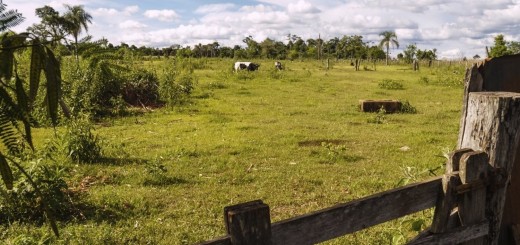The Nigerian Army seized about 135 trucks of fertilizer earlier in February, which belonged to Notore Chemical Limited in Lokoja, Kogi State. The crop nutrient was meant for a number of farming communities across the north of the country as the rain-fed season had just begun. Although the trucks were released following the intervention of the Minister of Agriculture, they were subsequently directed to proceed to different military formations. This situation has made it more complicated for dealers to get the nutrient that they had ordered more than a month ago on time, which has led to insufficient supply on the market.
Moreover, the Nigerian Army is now said to have introduced a new regulation on the movement of fertilizer to any part of northern Nigeria. The army says that the crop nutrient must be accompanied by military escort in Hilux vans to every destination, which was, however, not received well by Notore. The army’s main concern and argument for the regulation is the fact that the militants of the Islamist organization Boko Haram use fertilizer to make urea-based IEDs or explosives. However, Notore claims that urea certainly is not the major ingredient but rather nitric acid is. The company therefore thinks that banning or restricting nitric acid would be more appropriate instead of urea, which is used by small farmers.
Before the army’s intervention, Notore delivered approximately 50 trucks of fertilizer every day. Now, 50 Hilux vans will have to be on the road daily, which the company will have to partly pay for. As a result, the fertilizer price for Nigerian farmers is projected to go up by as much as 30-40 percent. This makes it difficult to produce nutrient for small farmers and the company has therefore stopped production for domestic consumption. The overall lack of fertilizer in the country is likely to contribute to Nigeria’s declining agricultural output, which is expected to decline by about 20 percent.




